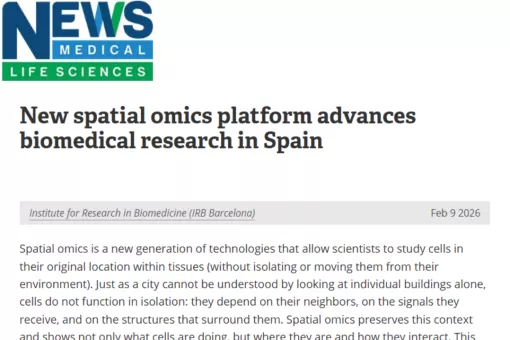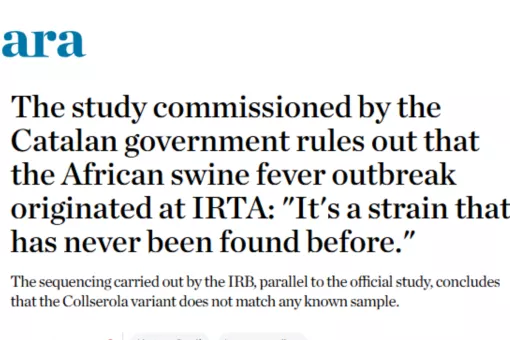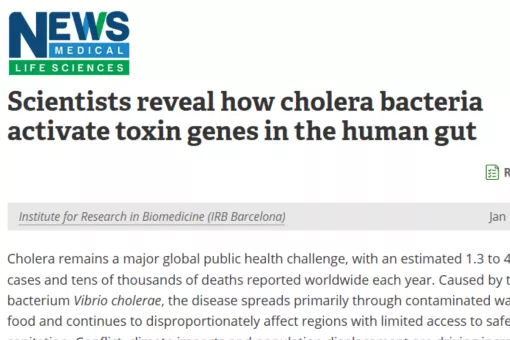Images
Scientists at IRB Barcelona, led by ICREA Research Professor, Patrick Aloy, group leader of the Structural Bioinformatics and Network Biology Laboratory, publish the first video-abstract ever accepted in the scientific journal BioEssays (Wiley-Blackwell). “This is a notable instrument to make science more visible and accessible” says Patrick Aloy, “a tool for the future which most scientific journals will quickly include and assess”.
The video-abstract is the multimedia support for a scientific article published in the same journal. In it, authors identify the protein ECSIT as a possible molecular sensor in Alzheimer’s disease (AD).
The model presented here integrates seemingly controversial hypotheses for familial and sporadic forms of AD and envisions ECSIT as a biomarker to guide future therapies to halt or prevent this disease.
This is a VIDEO with one of the study's authors explaining their hypothesis.
Reference article:
Towards Alzheimer's root cause: ECSIT as an integrating hub between oxidative stress, inflammation and mitochondrial dysfunction
Soler-López M, Badiola N, Zanzoni A, Aloy P Article
BioEssays (2012) DOI: 10.1002/bies.201100193
About IRB Barcelona
The Institute for Research in Biomedicine (IRB Barcelona) pursues a society free of disease. To this end, it conducts multidisciplinary research of excellence to cure cancer and other diseases linked to ageing. It establishes technology transfer agreements with the pharmaceutical industry and major hospitals to bring research results closer to society, and organises a range of science outreach activities to engage the public in an open dialogue. IRB Barcelona is an international centre that hosts 400 researchers and more than 30 nationalities. Recognised as a Severo Ochoa Centre of Excellence since 2011, IRB Barcelona is a CERCA centre and member of the Barcelona Institute of Science and Technology (BIST).





